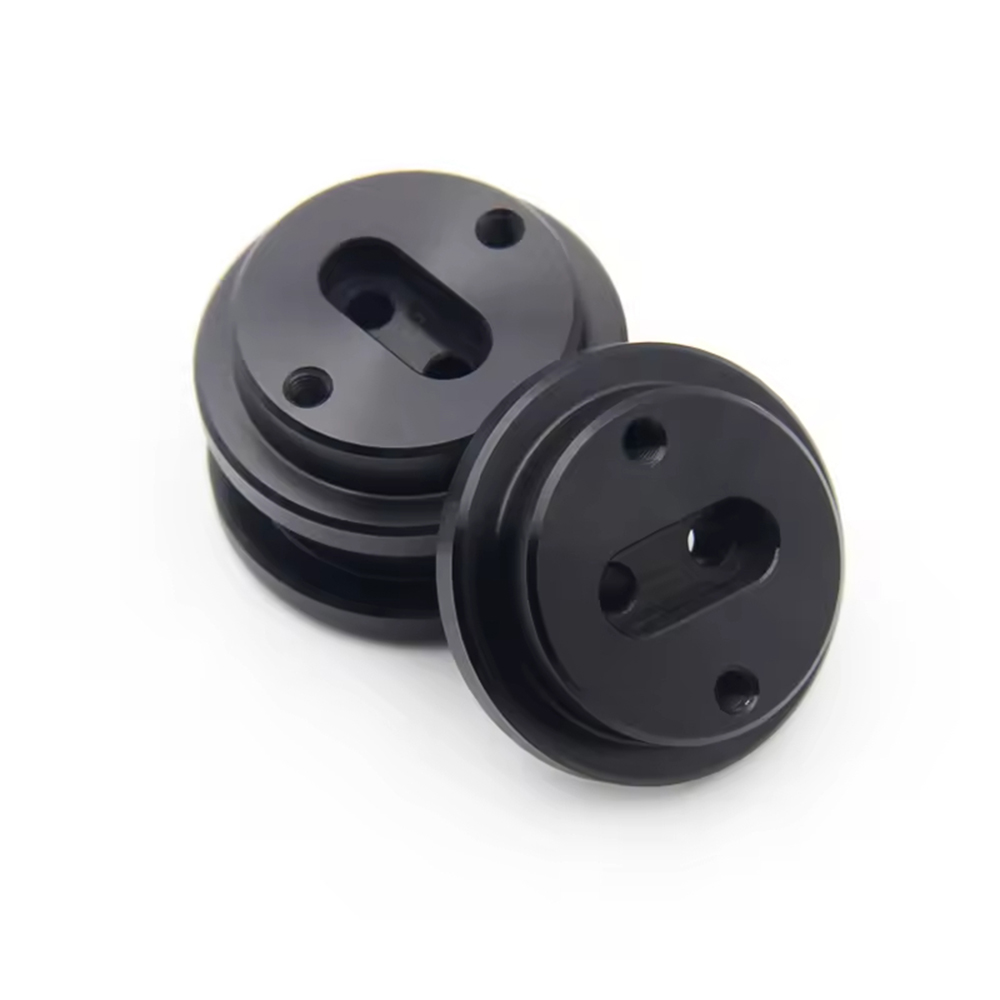
- 0086 189 2383 9762
- [email protected]
- 268 Shu'an Rd, Dongguan, Guangdong Province, China, 523850
- Home
- CNC Machining
- Pages
- Professional CNC Machining Plastic Injection Machining
Professional CNC Machining Plastic Injection Machining
Maximizing Precision: CNC Machining Plastic Injection Parts
Plastic injection molding has revolutionized manufacturing, offering unparalleled flexibility and efficiency in creating intricate plastic components. Understanding the ideal plastics for machining is paramount to achieving optimal results. Let’s delve into the nuances of plastic selection and machining processes.
Choosing the Right Plastic Polymers
Thermoplastics reign supreme in CNC plastic machining due to their ability to retain properties post-molding. Here’s a glimpse into some common plastics suited for diverse applications:
Delrin (POM): Recognized for its rigidity and strength, Delrin excels in high tensile stress scenarios. However, it’s crucial to note its temperature limitations.
Nylon (Polyamide): Nylon’s exceptional thermal, mechanical, and chemical resistance make it a go-to choice. Its machinability and dimensional stability simplify CNC machining processes.
Acrylic: Lightweight and rigid, acrylic boasts impressive tensile strength and wear resistance. Optimal CNC cutting requires specific tool considerations for flawless surface finishes.
PTFE (Teflon): Renowned for its resistance to thermal, water, electrical, and chemical elements, PTFE offers superior tensile strength. However, achieving tight tolerances mandates careful tool selection and machining strategies.
PEEK: With a high melting point and excellent mechanical properties, PEEK stands out in high-performance applications. While popular in 3D printing, its properties make it conducive to precision CNC machining with careful attention to heat-induced stresses.
UHMW: Ultra-high molecular weight polyethylene touts exceptional tensile strength and corrosion resistance. Although challenging to machine due to its instability, experienced services can navigate the complexities effectively.
Machining Plastic: Processes and Techniques
Plastic machining encompasses various processes tailored to material properties and product requirements. Here are the primary methods:
CNC Turning: Ideal for cylindrical shapes, CNC turning involves rotating plastic on a lathe while precision tools sculpt the desired form.
CNC Milling: In contrast, CNC milling employs rotating tools on a fixed material, facilitating intricate shaping of flat and irregular components.
CNC Drilling: This process bores holes using cutting drills, often integrated into multi-purpose CNC machines capable of milling and turning operations.
Achieving Optimal Surface Finish
Perfecting the surface finish of plastic parts hinges on several factors, including tool geometry, feed rate, clamping techniques, and cutting speed. Adhering to recommended guidelines and understanding material properties is paramount. Additionally, post-processing techniques like annealing and sandblasting further enhance surface quality.
Advantages of CNC Machining Plastic
While injection molding and 3D printing remain prevalent, CNC plastic machining offers distinct advantages:
Precision and Accuracy: CNC machining delivers unmatched precision, ensuring consistent quality and repeatability across products.
Complex Designs: Capable of handling intricate designs with precision, CNC machining is ideal for complex components.
Tight Tolerance: With high accuracy and precision, CNC machining excels in achieving tight tolerances critical for many applications.
Material Compatibility: CNC machining accommodates a wide range of plastics, including tougher variants, without compromising quality.
Common Applications of CNC Machining Plastic
From medical appliances to automotive components, CNC plastic parts find diverse applications:
Medical Devices: Precision-machined plastic parts are integral to medical equipment and implants.
Food and Beverage Industry: Plastic components in food-grade applications demand precision and hygiene.
Electrical Insulation: Plastic parts play a vital role in insulating electrical devices, ensuring safety and performance.
Automotive and Aerospace: Components in vehicles and aircraft benefit from CNC precision for reliability and efficiency.
Optical Lenses: Plastics like acrylic are prized for their optical clarity, making them ideal for lens manufacturing.
CNC Machining Plastic offers unparalleled precision and versatility, catering to a myriad of industrial and consumer needs. Understanding plastic properties and machining techniques is pivotal to harnessing the full potential of CNC technology, ensuring durable, high-quality plastic components for diverse applications.






CNC-Machining
Find various CNC-Machining products from our factory, and get the free OEM/ODM services.


